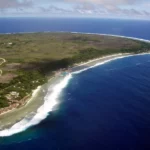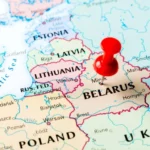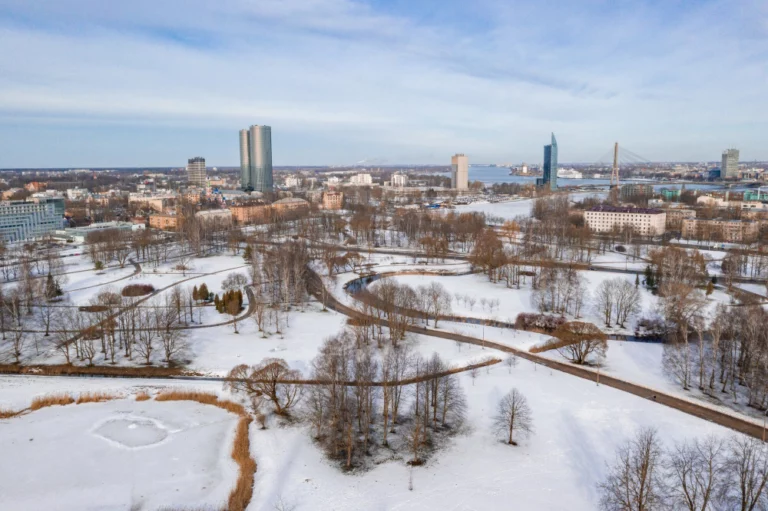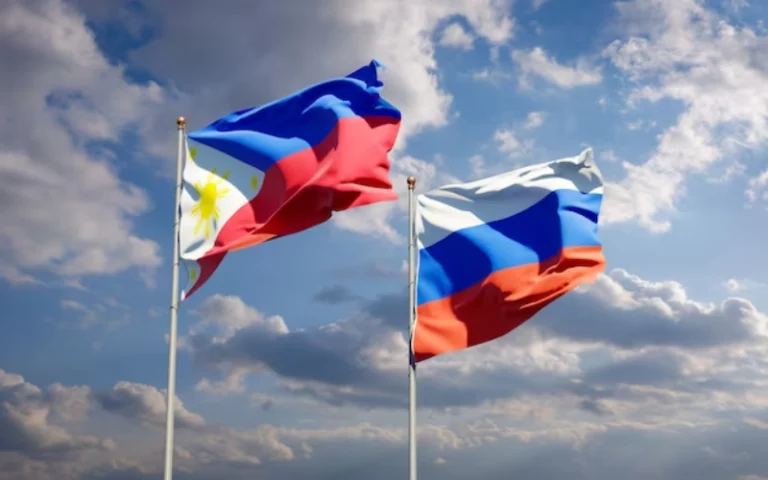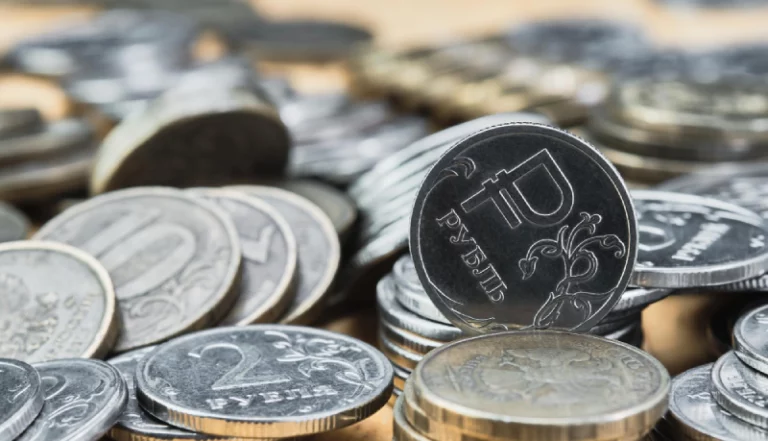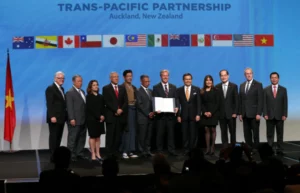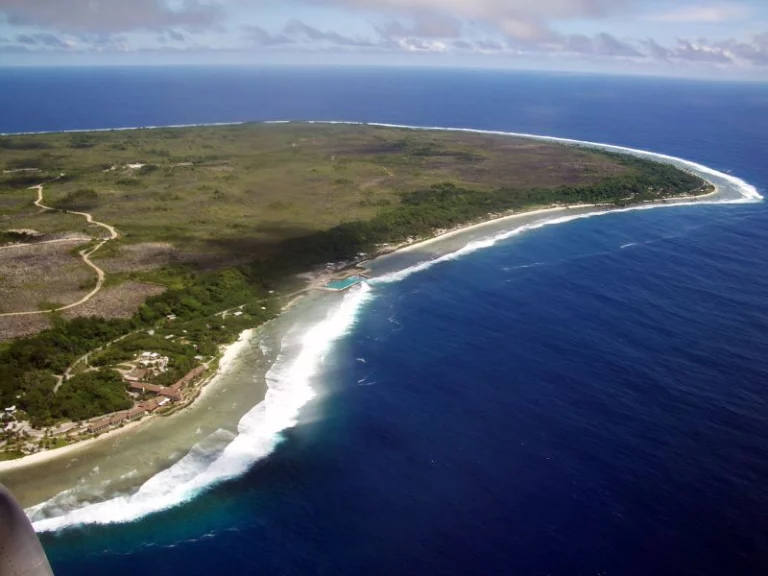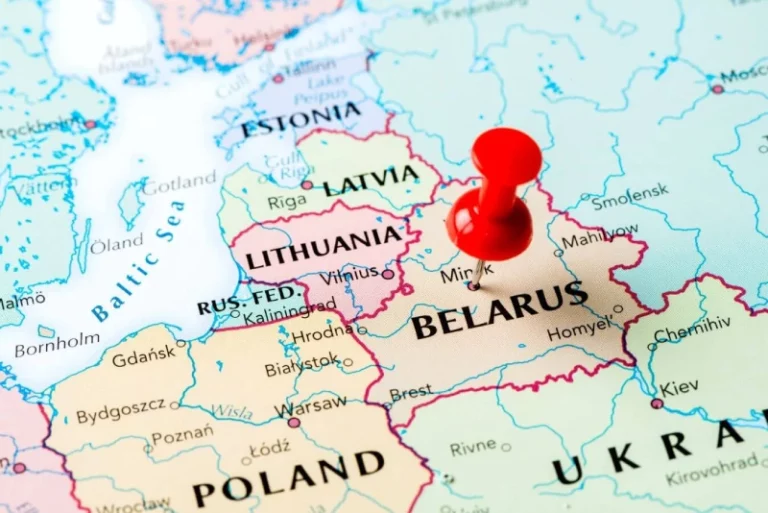Russia’s economy shrank only by 2.1% in 2022, according to the federal statistics service Rosstat. This figure defied initial predictions that the country’s economy would contract by over 12% and marked a significant improvement from the 5.6% year-on-year rise seen in 2021. Despite the economic sanctions imposed by the US and European nations and the impact of its invasion of Ukraine, Russia’s economy managed to fare better than expected.
The Russian government had initially forecasted GDP growth of 3% in 2022, but this prediction was revised downwards after the conflict in Ukraine began.
The World Bank predicted an 11.2% contraction in April 2022, citing the economic sanctions as the main reason for the downturn. The bank’s statement read,
“Due to its invasion of Ukraine, Russia faces the largest coordinated economic sanctions ever imposed on a country. Russia’s economy will be hit very hard, with a deep recession looming in 2022. GDP is expected to contract by 11.2 percent, with little recovery in the ensuing two years.”
Continuous inflow
The current account surplus hit a record high in 2022, driven by a fall in imports and robust oil and gas exports. Net exports increased to 12.8% from 9.3% due to the prices of exported fuel and energy products being significantly above imports.
Despite Western efforts to isolate the Russian economy over the conflict in Ukraine with successive rounds of sanctions, foreign money continued to flow into the country.
Manufacturing industries and wholesale and retail trade were among the sectors that declined in 2022, while agriculture, hospitality, construction, and mining all registered growth. Military security and public administration also gained 4.1% in 2022. President Vladimir Putin praised the defence sector for supporting the economy in January 2023.
Increased military spending helped to smooth out a drop in the country’s industrial production, according to analysts. The country’s central bank estimated the 2022 economic contraction at 2.5%.
Economic resilience
Forecasts for 2023 vary, with the government predicting a decline of 0.8%, while the International Monetary Fund (IMF) believes the economy could grow by 0.3% due to resilient commodity exports. The IMF also noted that the economy’s recovery is contingent on the resolution of the ongoing conflict in Ukraine.
The impact of Russia’s invasion of Ukraine and subsequent economic sanctions imposed on the country cannot be overstated.
However, the Russian economy and its resilience has been surprising. Despite being cut off from Western markets, Russia has managed to sustain itself through increased domestic production and diversification of its economy.
For example, Russia has increased its domestic production of pork to compensate for the loss of imports from the EU, which had previously accounted for about 50% of the country’s pork imports.
The Russian government has taken measures to reduce the country’s dependence on Western technology.
In 2021, Russia passed a law mandating that all smartphones sold in the country come pre-installed with Russian software, and in 2022, the government began to block foreign software from being installed on state-owned computers.
Part of Russia’s economic resilience is its ability to form economic alliances with other countries. For example, Russia has strengthened its economic ties with China in recent years.
In 2021 alone, the two countries signed a 25-year strategic cooperation agreement aimed at deepening their economic ties. Additionally, Russia has joined the China-led Asian Infrastructure Investment Bank, which aims to fund infrastructure projects throughout the region.
While the economic sanctions imposed on Russia have undoubtedly had an impact on the country’s economy, Russia’s resilience has been impressive.
The country has managed to sustain itself through increased domestic production and diversification of its economy. Its citizens, however, feel the brunt of the economic way and many have fleed to neighboring countries such as Georgia, to as far as Turkey and Thailand.



